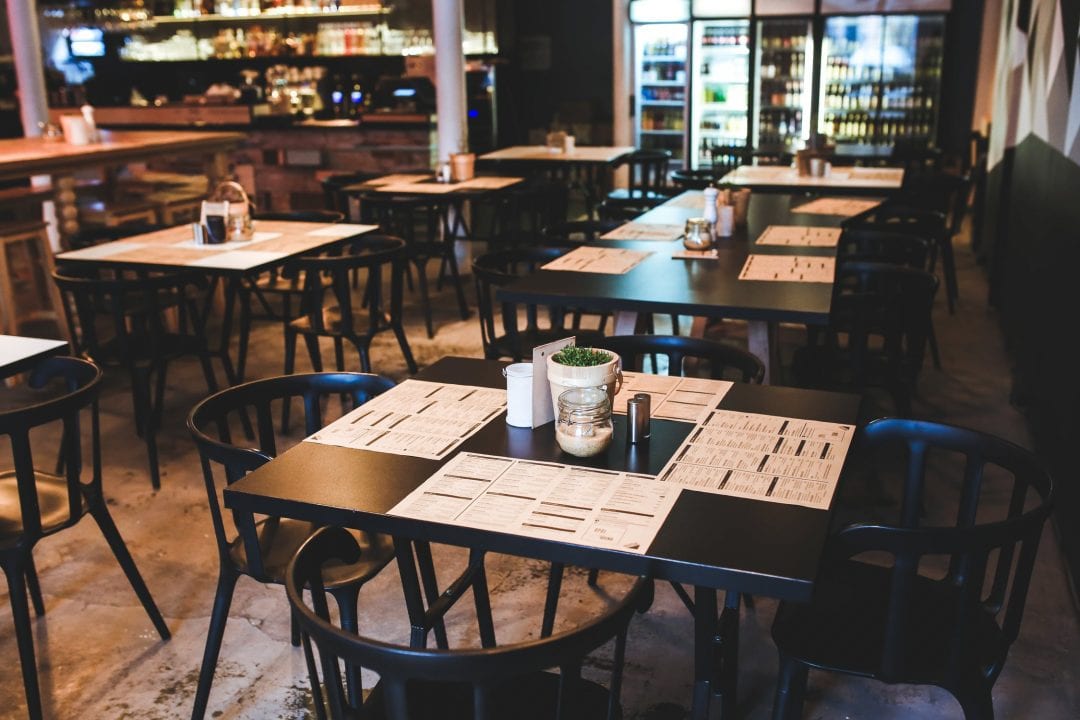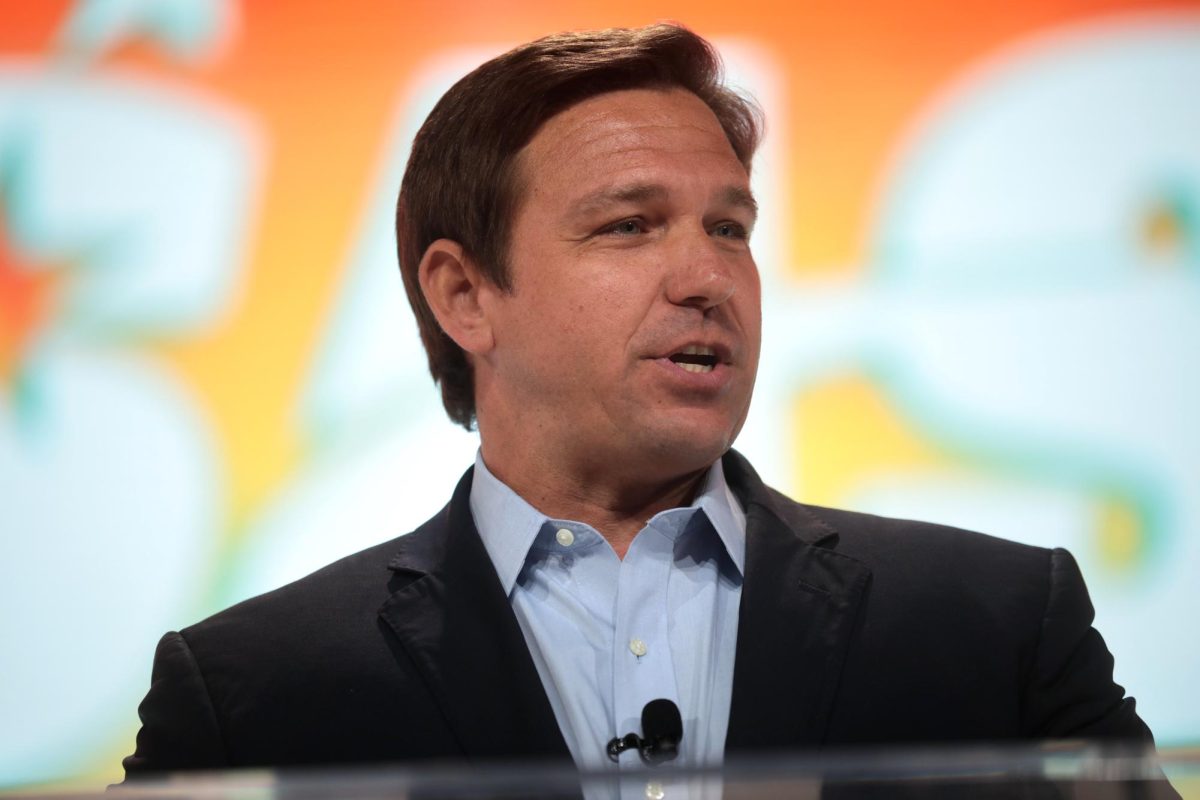
Sarah Tantawy is a junior journalism and psychology major.
On most nights at my parents’ restaurant, the air is filled with savory smells of customer favorites — Shepherd’s Pie and soda bread. Bartenders are running up and down the bar, wine glasses are being refilled as the sounds of beer bottles clink. Waiters and waitresses zoom from the kitchen to the dining area, balancing plates on their arms and hands.
My father moves between the kitchen, bar and dining area with an ease earned through years of work. He jokes that the pub is his fourth child. This all changed overnight.
My parents have been in the restaurant business since they immigrated to the United States. For 20 years, my father worked six days a week to provide our family with financial stability in a country that places immigrants, people of color, disabled and socially disadvantaged people at the bottom of its totem pole. This is a story not unique to us.
What the rising threats of COVID-19 have shown us in the past two weeks is that every decision we make will only get us to the next day. Our decisions now will determine how our lives will be both financially and physically.
The New York Times recently reported that “many people who do service jobs like cashiers and fast-food workers face elevated risks. Walmart, Starbucks and Uber are among the many companies that have had workers fall sick.”
My family’s income from the restaurant is our lifeline, but interacting with other people puts us at risk for contracting COVID-19, which has yet to be contained. This is important considering my 16-year-old sister is immunocompromised.
On Sunday, March 15, Mayor Bill De Blasio announced he would be shutting down all restaurants and bars in an effort to combat the spread of the virus. To keep businesses running, restaurants are depending on takeout and delivery services.
Doing what they could to ensure our financial stability, my parents decided to also provide takeout and delivery for customers. But now it feels like a waiting game. The once-crowded bar is empty, as people are cautious about their health and well-being.
Restaurants and bars are considered by many to be the heart and soul of New York City, but more importantly, they are the reason why so many families have an income, a place to sleep and food to eat. De Blasio said this was “not a decision he made lightly,” but we cannot forget who will be facing the direct effects.
This is a global pandemic. Socially isolating is necessary. Health and safety should be everyone’s top priority. Doing your part to not contribute to the problem is important.
But how much longer will those families who depend on income from service jobs be able to pay their rents and purchase groceries?
This pandemic sheds light on the different levels of social class in America. We are able to see who has the opportunity to work from home and who can afford to over-buy necessities such as diapers and hand sanitizers. It shows us who can afford to be less cautious and still continue to go on vacation.
There is a strong chance that a majority of small businesses may not survive this. Independently-run shops will take a huge hit. Restaurants, particularly Chinese and other Asian restaurants, have already reported low patron numbers upon news of COVID-19 and a rise of xenophobia.
By 9 a.m. on Tuesday, March 17, our family went into survival mode. We sat down and looked at our bills. We made phone calls to utility companies and created spreadsheets for the bar’s expenses. We took an in-depth look at our finances and saw what we could and could not do for the next six months.
We’re not the only ones.
What you could do for now is to support your local restaurants while you still can. Take whatever money you were going to spend eating out at your favorite places, and buy a gift card from them. If you do order take out, tip generously. Most importantly, be kind to Chinese-run establishments — they’ve been facing the effects of COVID-19 for months.



















Lia • Mar 24, 2020 at 3:51 pm
What’s the name of the restaurant so I can support it?